Marine Science
Microbiomes shaped by enzymes’ responses to ocean temperatures
The ability of marine microbiomes to respond to thermal variations in their habitats is controlled by enzyme adaptation.
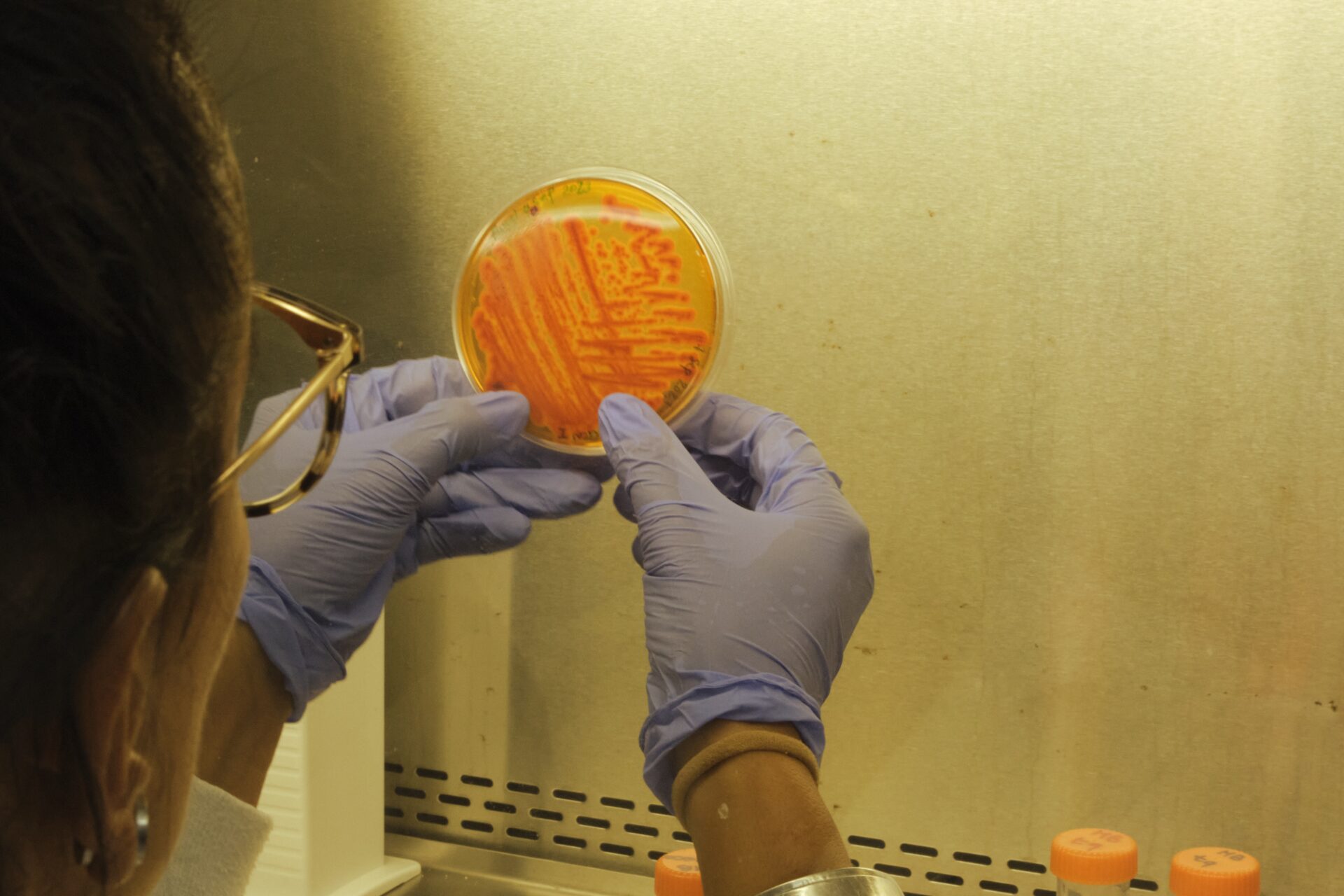
Temperature is a key environmental variable that can hold sway over sensitive ecosystems and the creatures within them, right down to influencing the activity of individual cellular components. This includes the seawater and sediment microbiomes — the most abundant microbial marine communities in the oceans.
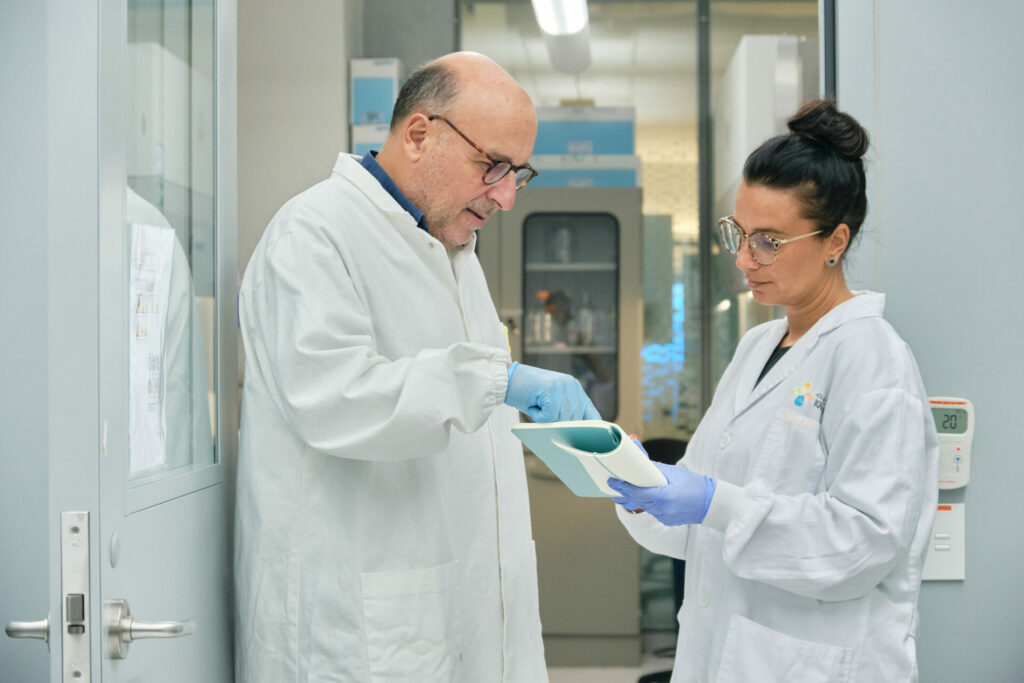
KAUST researchers along with scientists from across Europe have demonstrated[1] how temperature-driven enzyme selection shapes the growth and plasticity of these marine microbiomes. Their results show that thermal variation — the range of temperature oscillations around the mean annual temperature (MAT) — is a reliable predictor for modeling the adaptive response of microbial communities.
“Ocean temperature modifies the distribution and composition of all marine communities, including microorganisms,” says Daniele Daffonchio, who worked on the study with Ramona Marasco, also at KAUST. “However, the mechanisms determining microbial community responses to thermal regimes were unknown. Surprisingly, no one had examined enzyme adaptation in microbial communities before.”
The research team set out on a mammoth task: to quantify the optimal temperature for stable enzyme behavior in seven functionally independent enzyme classes found in sediment microbiome samples. They collected samples from 13 sites in a latitudinal transect running from the Irish Sea (MAT 12 degrees Celsius) to the south of the Red Sea (MAT 30 degrees Celsius). They examined the influence of MAT and the annual thermal variation on enzyme activity and subsequent microbiome growth and stability.
They then validated their results against seawater enzymes synthesized from 70 further locations worldwide.
“These enzyme classes are consistently present across microorganisms and are fundamental to their growth, providing a good model for overall enzyme adaptation to temperature,” says Marasco. “The results indicate that the selection of specific microbial enzymes in response to temperature changes drives the assembly of marine microbial communities.”
These enzyme adaptations also dictate the thermal “plasticity” of marine microbiomes — how quickly and easily they adapt to changing conditions. Alongside the major driver of MAT, the annual thermal variation is a critical factor that shapes the enzymatic machinery of bacterial communities, determining their assembly and growth rate. The results indicate that the highest growth plasticity in response to temperature occurs in microbial communities from sediments with the widest annual thermal variation.
“The fact that thermal variation can fine-tune microbial niche specialization is important for understanding microbiome adaptation to ongoing climate change,” says Marasco.
“Thermal variation should be incorporated into modeling of marine ecosystem functionality in response to global climate shifts,” says Daffonchio. “Thermal variation may well influence the relative weight of the microbial niche specialists and the microbial generalists that coexist in all the ecosystems; we plan to study this.”
Reference
- Marasco, R., Fusi, M., Coscolín, C., Barozzi, A., Almendral, D., Bargiela, R., Gohlke neé Nutschel, C., Pfleger, C., Dittrich, J., Gohlke, H., Matesanz, R., Sanchez-Carrillo, S., Mapelli, F., Chernikova, T.N., Golyshin, P.N., Ferrer, M. & Daffonchio, D. Enzyme adaptation to habitat thermal legacy shapes the thermal plasticity of marine microbiomes. Nature Communications 14, 1045 (2023).| article
You might also like

Marine Science
Potential gains from replenishing reef fish stocks revealed
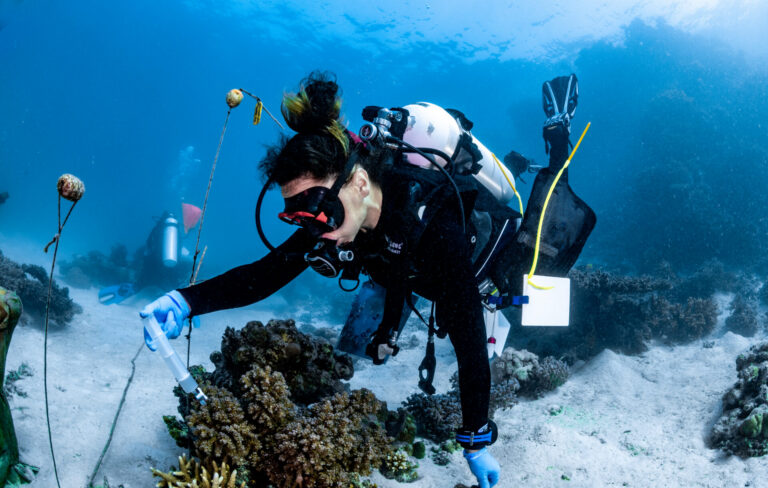
Marine Science
A place to trial hope for global reef restoration
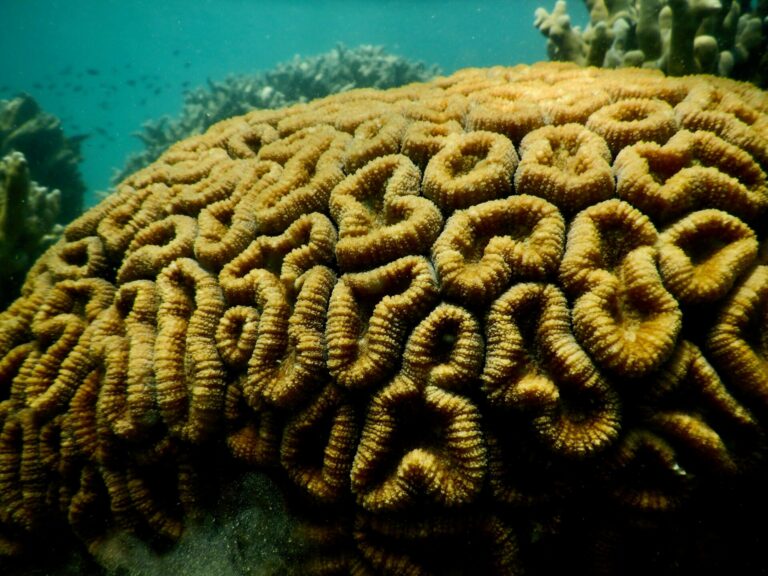
Marine Science
Reef-building coral shows signs of enhanced heat tolerance

Marine Science
Plastic-munching bacteria found across the seven seas

Marine Science
AI reveals the universal beauty of coral reef growth
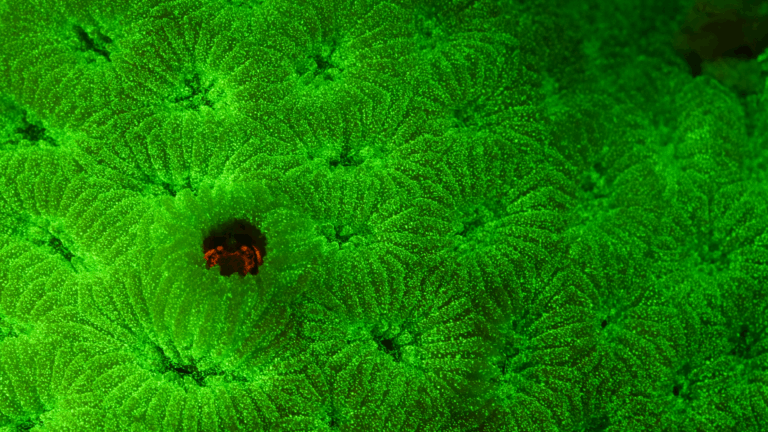
Marine Science
Tiny crabs glow to stay hidden

Marine Science
Mass fish deaths linked to extreme marine heatwave in Red Sea
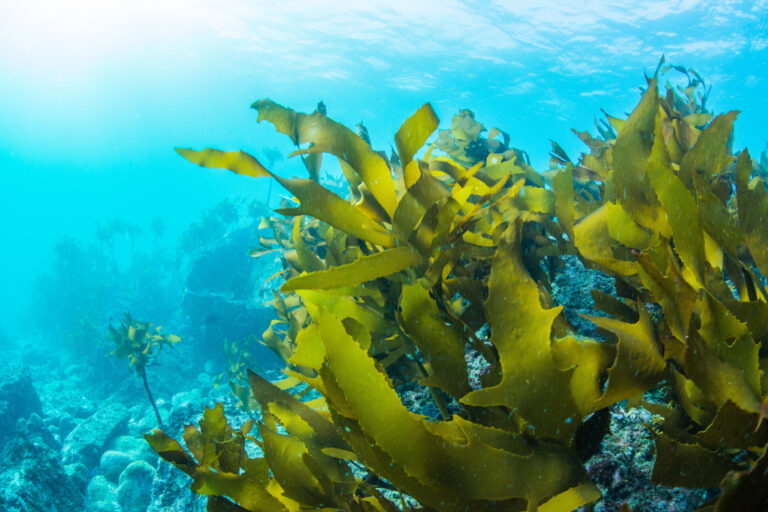
Marine Science




